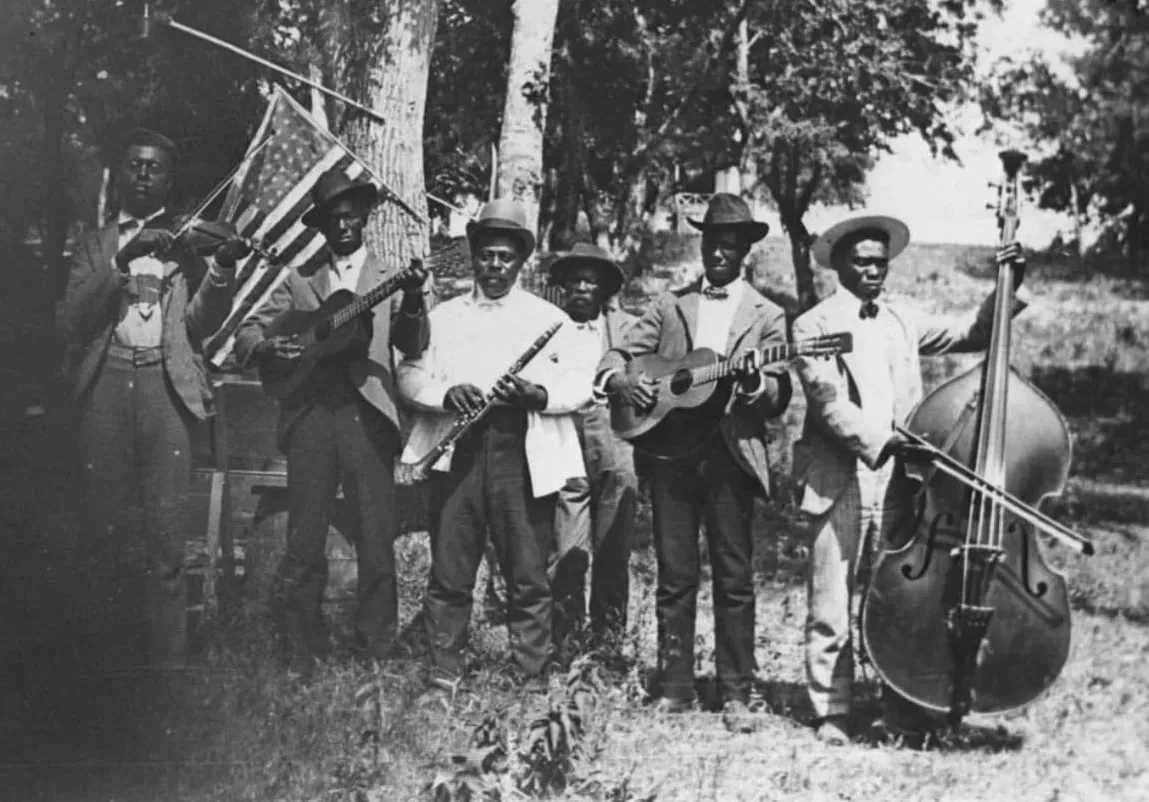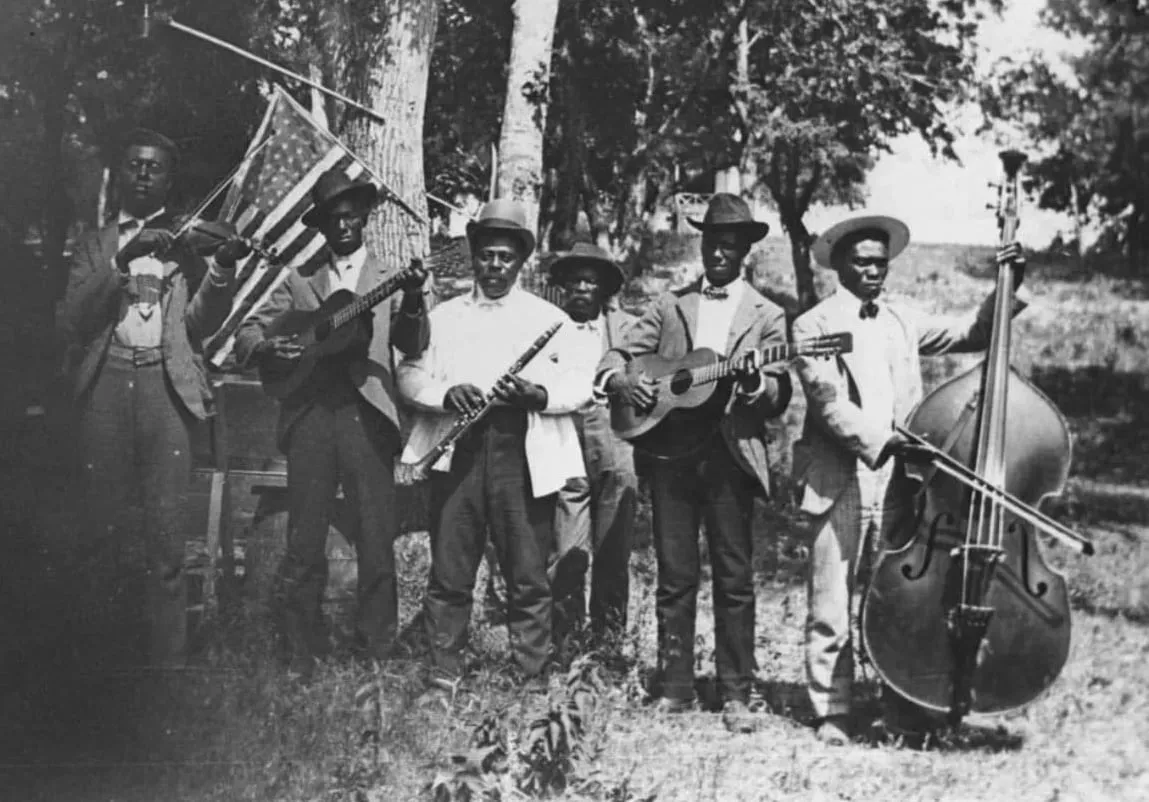by Dr. Russ Wigginton, President
In the vast tapestry of American history, Juneteenth stands as a profound testament to the resilience, fortitude, and enduring struggle of Black Americans for freedom and equality. Originating from the delayed announcement of emancipation in Texas on June 19, 1865, Juneteenth signifies not only the belated end of slavery but also the ongoing quest for justice and recognition of human dignity. We’ve come too far to turn back now, and we must accelerate the momentum toward actualizing freedom for all Americans.
Texas, the westernmost Confederate state, was slow to receive news of the Emancipation Proclamation due to its geographic isolation and the lingering presence of Confederate forces. It wasn’t until Union General Gordon Granger arrived in Galveston with 6,000 black soldiers that the news of freedom finally reached the ears of the enslaved population over two years after the Emancipation Proclamation was signed by President Lincoln. Granger’s troops came to enforce, not to inform, as stubborn Texas officials were clearly aware of emancipation enactment.

Image Credit: Grace Murray Stephenson/Austin History Center
The suppression of news regarding freedom underscores the systemic barriers faced by Black Americans in their quest for equality. Slaveowners, unwilling to relinquish their stranglehold on power and profit, actively sought to suppress any information that threatened their interests. The delayed arrival of emancipation in Texas allowed slaveowners to continue exploiting the labor of enslaved people – some slaveowners moved their enterprise to Texas in the gap years between Emancipation Proclamation and union troop’s arrival – perpetuating a cycle of economic exploitation and racial injustice.
In the aftermath of emancipation, newly freed Black Americans wasted no time in establishing Jubilee Day, later known as Juneteenth, as a day of celebration and remembrance. Without government support in some instances, they purchased land and established churches where they could gather to commemorate their newfound freedom and assert their rights as free citizens. They pursued education, exercised their right to vote, and elected a record number of Black representatives to state and federal legislatures.
The Reconstruction Era, while promising equality and justice, also witnessed the rise of Jim Crow laws and the founding of Ku Klux Klan in Tennessee, aimed at disenfranchising and terrorizing Black Americans. Juneteenth celebrations were met with resistance and political terrorism, forcing many communities to hold their festivities in secret or risk violent attacks.
Despite these challenges, Black Americans continued to fight for their rights, organizing boycotts, protests, and grassroots movements to challenge the status quo and demand equality under the law. The modern Civil Rights Movement of the 1950s and 1960s marked a turning point in the struggle for civil rights, galvanizing a nation and inspiring millions to march for justice and equality.
The burgeoning of the Black Power and Black Arts Movements established cultural vehicles of self-determination and creativity that branded the audacious 1970s. On January 1, 1980, Texas led the effort to reinvigorate Juneteenth as a state holiday. Memphis began Juneteenth celebrations in the 1990s before it sunset the coronation ball and parade of the Cotton Makers’ Jubilee, a segregated version of the city’s Cotton Carnival, in the 2010s.
Fast forward to today, Juneteenth celebrations have evolved into vibrant expressions of culture and heritage, encompassing parades, festivals, and community gatherings across the nation. From traditional African dances to soul-stirring gospel music, Juneteenth festivities serve as a testament to the depth and enduring legacy of Black American culture and resilience.
The 2021 designation of Juneteenth as a federal holiday represented a defining moment in pursuit of American freedom. The passage of the bill was propelled by a growing national awareness of racial injustice following the murder of George Floyd and a renewed commitment to confronting the legacy of slavery and systemic racism in America. Pandemic-bound, America faced a sense of urgency and witnessed the humanity of poor, underrepresented, marginalized people. The country was forced to respond immediately and amicably to the wrongdoing. Whether through instituting diversity and inclusion programs, renaming or dismantling Confederate monuments, or federalizing a holiday to recognize freedom for all, America had an opportunity to take a bolder stand or at minimum make a grand gesture.
As we reflect on the significance of Juneteenth, we must also acknowledge the role of the National Civil Rights Museum in preserving and commemorating the struggles and triumphs of the Civil Rights Movement. The museum stands as a beacon of remembrance, providing a space for education, reflection, and dialogue on issues of race relations, equality, and justice.
At the Museum, we remain vigilant against attempts to suppress or distort history. The rise of book bans, the attacks on Critical Race Theory (CRT), and the propagation of revisionist narratives threaten to diminish the importance of Juneteenth and undermine the progress made in the fight for equality. It is incumbent upon us to uphold the legacy of Juneteenth and ensure that the lessons of the past are not forgotten. Juneteenth reminds us we can’t go back; we won’t give up. We celebrate how far we’ve come while realizing there are freedom strongholds we have yet to overcome including economic equity, gender equity, and voter suppression.
Unlike the Union forces in Galveston, we are arguably fortunate to live in the age of information – or misinformation– where the internet allows algorithms and AI-generated prompts to be personal gatekeepers of information. Yet, anyone has the freedom to create content, including children who are self-publishing stories despite book bans. They are creating history in real time and can use history to move us forward. The next generation faces the daunting challenge of preserving the truth while blocking attempts to silence or mislead marginalized voices.
Freedom of expression, cultural consciousness, and joy become acts of resistance. Juneteenth celebrations, marked by music, food, and fellowship, serve as a testament to the resilience of Black Americans and the enduring quest for freedom and equality. Let us not only celebrate how far we’ve come but also recommit ourselves to the ongoing struggle for justice and equality. Together, we can ensure that the legacy of Juneteenth continues to inspire future generations on the path towards a more just and equitable society.
To be clear, Black Americans have been persistent in embracing and reinventing culture as an act of rebellion throughout American history. The (r)evolution is personal and is necessary for survival in a cruel, oppressive, racist society. Whether Juneteenth is recognized as a holiday, Black Americans will find ways to incorporate the rich ingenuity, diversity, and innovation that demands the human spirit springs forward with greater velocity.
Juneteenth serves as a powerful reminder of the determination of those who sacrificed for freedom and equality. As we honor this historic occasion, let us reaffirm our commitment to justice, equality, and the ongoing struggle for human dignity. Juneteenth is not just a celebration; it is a call to action, a testament to the enduring power of hope.
